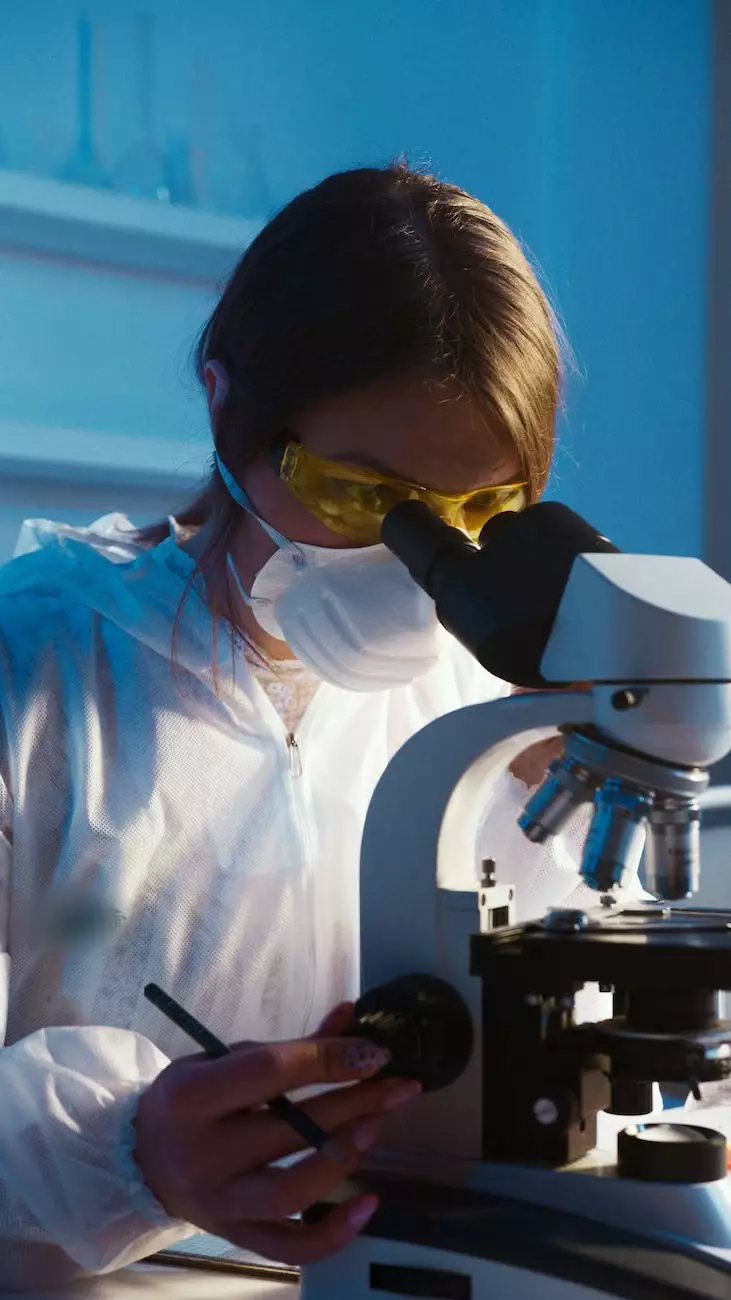5 Things You Probably Didn't Know About EKG Technicians
In-demand Healthcare Professions
Introduction
EKG technicians play a crucial role in the healthcare industry by supporting physicians and specialists in diagnosing and monitoring heart conditions. While you may be familiar with the basic responsibilities of these professionals, there are some lesser-known facts about EKG technicians that are worth exploring. In this article, we will delve into five surprising aspects of the EKG technician profession that you probably didn't know.
1. Extensive Training and Certification
Contrary to popular belief, becoming an EKG technician requires more than just on-the-job training. These professionals undergo extensive training programs that equip them with the necessary knowledge and skills to accurately perform electrocardiograms (EKGs) and other cardiac tests. Additionally, many states require EKG technicians to obtain certification, ensuring that they meet the industry standards for patient care and competency.
2. Varied Work Settings
While EKG technicians are commonly associated with hospitals and medical clinics, their expertise is required in a variety of healthcare settings. EKG technicians can be found working in private practices, cardiology clinics, nursing homes, and even research laboratories. Their versatility allows them to collaborate with healthcare professionals from different specialties, making their role essential in the overall patient care process.
3. Holter Monitoring Expertise
In addition to conducting EKG tests, EKG technicians often specialize in performing Holter monitor tests. Holter monitors are portable devices that record a patient's heart activity continuously for 24 to 48 hours. EKG technicians are trained to properly attach and monitor these devices, ensuring accurate data collection. This expertise enables physicians to evaluate abnormal heart rhythms over an extended period, leading to more accurate diagnoses.
4. Emergency Response Skills
EKG technicians are trained to handle emergency situations involving cardiac arrest or cardiac distress. They are well-versed in performing CPR (Cardiopulmonary Resuscitation) and using automated external defibrillators (AEDs). This knowledge and training allow them to provide immediate assistance while waiting for advanced medical professionals to arrive at the scene. Their quick response can potentially save lives during critical moments.
5. Continuous Learning Opportunities
The field of cardiology and cardiac care is constantly evolving, and EKG technicians are expected to keep up with the latest advancements. Many healthcare facilities offer continuing education opportunities for EKG technicians to update their skills and stay informed about new technologies and techniques. By investing in their professional development, EKG technicians ensure that they provide excellent patient care and remain valuable assets to their employers.
Conclusion
EKG technicians play a vital role in the healthcare system, uncovering valuable information about patients' heart health that assists in the diagnosis and treatment of various cardiac conditions. By understanding the lesser-known aspects of the EKG technician profession, you gain a deeper appreciation for their expertise and the importance of their contributions in the medical field. Next time you come across an EKG technician, remember the diverse skills they possess beyond performing routine EKG tests.




